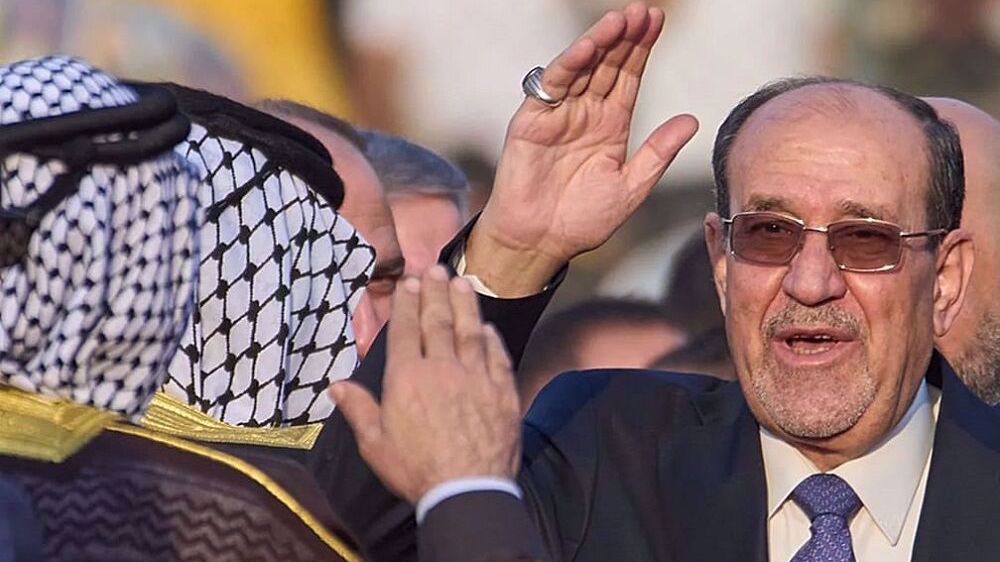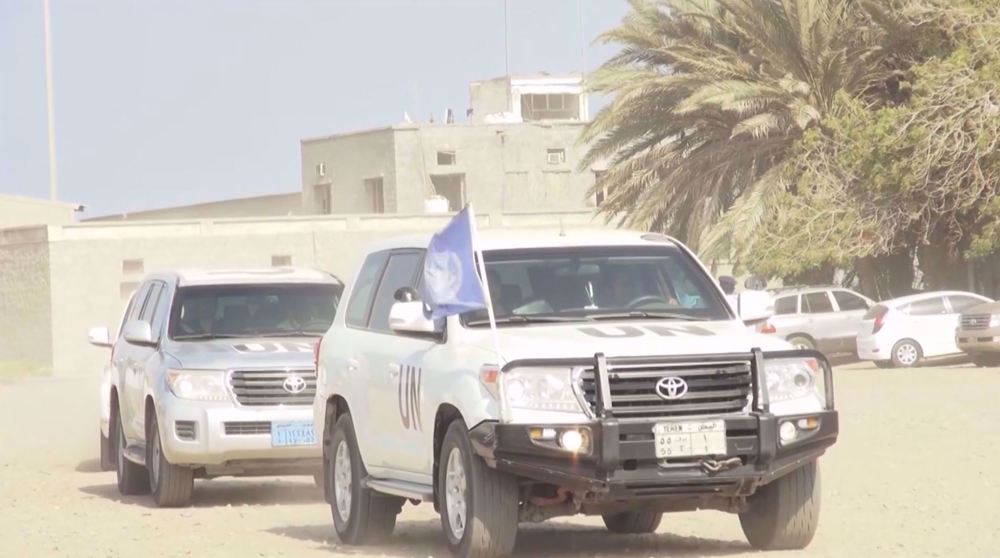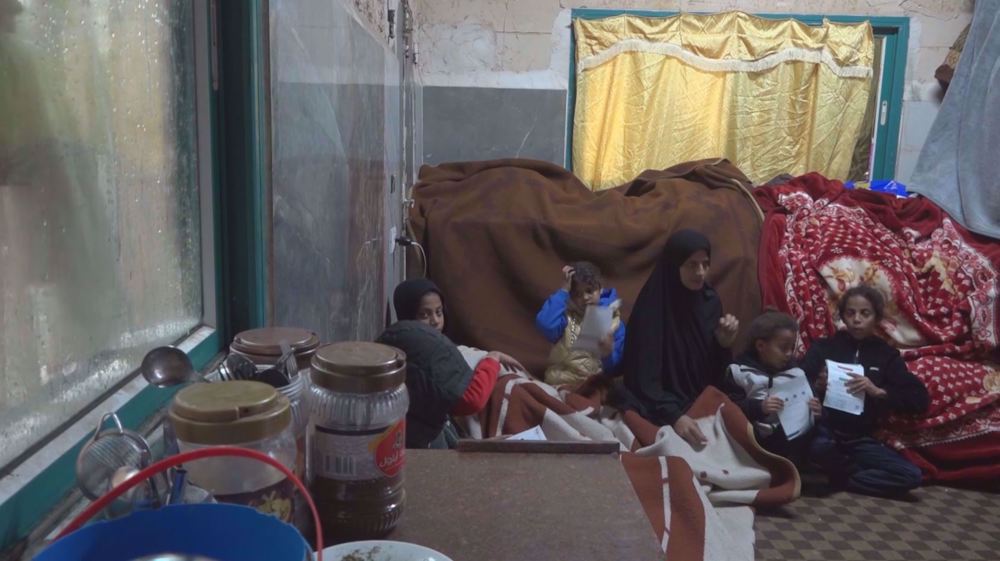Pakistan protests as India scraps special status for Kashmir
Javed Rana
Press TV, Islamabad
There have been protests like this one all over Pakistan within hours after India, through a presidential decree, revoked the special status of Jammu and Kashmir to fully integrate its only Muslim-majority state with the rest of the country. This has been an unprecedented political move on the disputed territory in nearly seven decades. Under the UN Security Council resolutions, New Delhi is bound to hold plebiscite to allow Kashmiri people to decide on whether they want to stay with India or join Pakistan.
The Indian controlled Kashmir region is under curfew to prevent people to come out to protest over what it alleges dividing the disputed territory into bits and pieces to change its demographics. The top Kashmiri leaders have been arrested. With additional deployment of 180,000 troops and para military personnel, their number have reached to nearly 900,000 in hardly 14 million populated disputed Jammu and Kashmir, the highest military concentrated region in the world.
The border tension remains high between Pakistan and India. Both nuclear armed nations have put their ground and air forces at high alert.
Being an internationally recognized party to the dispute, Pakistan has vowed to exercise all possible options to reverse controversial merge of Jammu and Kashmir into its federal union. Prime Minister Imran Khan expressed apprehension that Indian decision has "the potential to blow up into a regional crisis".
Pakistan and India claim Kashmir in its entirety and had three wars over the disputed territory. Pakistan downed two Indian fighter jets and arrested one of its pilot in February this year.
UK, China push strategic cooperation as US undermines global order
Iran not opposed to dialog but seeks diplomacy based on mutual respect: Qalibaf
Extreme poverty rate soars in UK: Report
Hezbollah official warns US strike on Iran could ‘trigger volcano’ in West Asia
Hamas never agreed to lay down arms in truce talks: Official
VIDEO | Iraqi political blocs denounce Trump’s interference in domestic affairs
China warns US against war on Iran, slams Washington militarism at UN
Pezeshkian orders public release of names of recent riots victims









 This makes it easy to access the Press TV website
This makes it easy to access the Press TV website